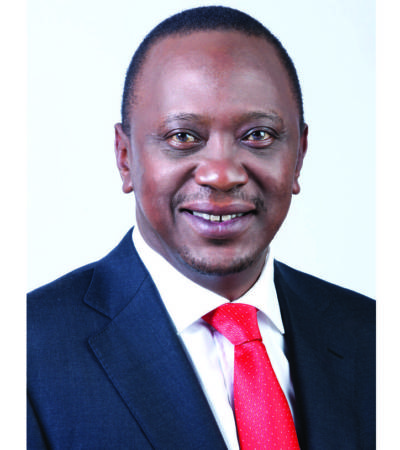COP26: African Leaders Urged To Unite Over Climate Change
African Union Peace and Security Council Meets
18 Mar 2021 by The Water Diplomat
NAIROBI, Kenya

“Climate change is a key defining development and the foremost emerging security challenge of our time. It acts as a ‘multiplier’ of existing threats to international peace and security,” said Kenyan president Uhuru Kenyatta, addressing a virtual meeting of the African Union Peace and Security Council on climate change on 9 March.
Speaking in his role as chair of the 15-state council for the month of March, Kenyatta urged African leaders to unite and develop a common position in the fight against climate change ahead of November’s COP26 in Glasgow, Scotland, saying: “As African leaders specifically and global leaders more generally, we can no longer ignore the serious security challenges associated with climate change.”
His sentiments were echoed by other leaders attending the meeting, including Cameroon’s minister of external relations, Lejeune Mbella Mbella, and the president of Malawi, Lazarus Chakwera, who stated his concern that climate change leads to conflicts over boundaries and natural resources in attempts to earn a decent living.
Writing in the Daily Maverick ahead of the meeting, Professor Cedric de Coning of the Norwegian Institute of International Affairs and a senior adviser for the African Centre for the Constructive Resolution of Disputes argues the “African institutions must improve their preparedness by investing in analysis and early warning capacities”.
The article, written jointly with Florian Krampe from the Climate Change and Risk Programme at the Stockholm International Peace Research Institute, states: “The gradual increase in global temperatures, as well as the increase in erratic rainfall and flooding, have indirect, complex and interlinked implications for peace and security, because they significantly disrupt livelihoods and food security, and may result in forced displacement and migration.”
It continues that women are particularly vulnerable to the security risks of climate change through their reliance on natural resources such as firewood and water to sustain families, and that youth are vulnerable to recruitment by militias who position themselves as providers of relief during times of drought and flood.
